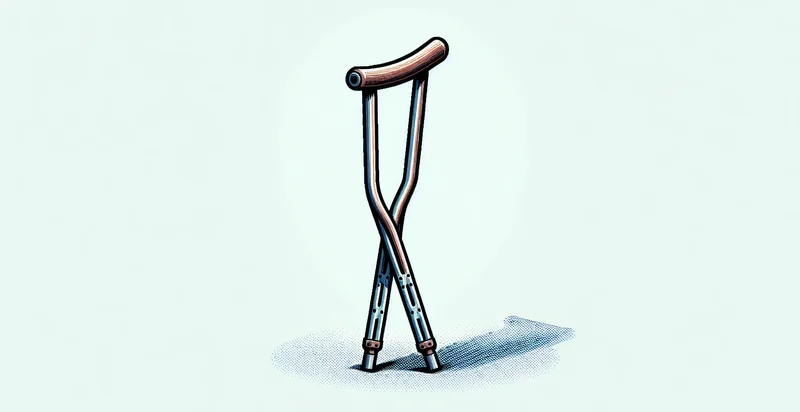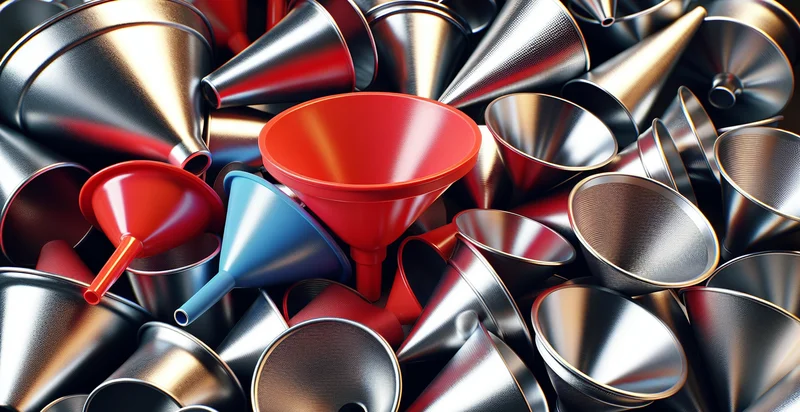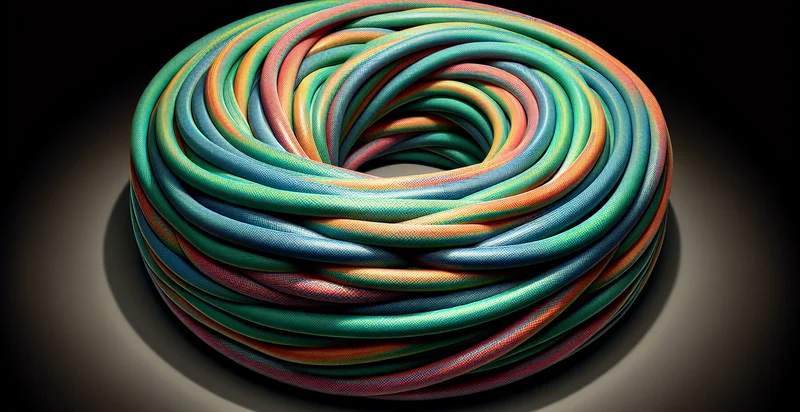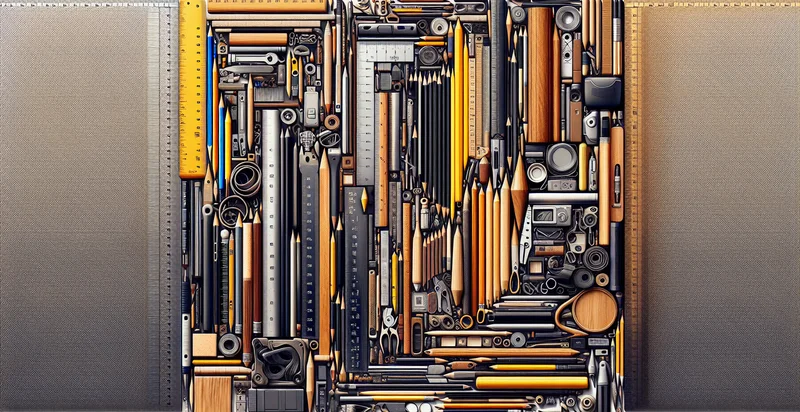Identify what material a crutch is made from
using AI
Below is a free classifier to identify what material a crutch is made from. Just upload your image, and our AI will predict what material a crutch is made from - in just seconds.

Contact us for API access
Or, use Nyckel to build highly-accurate custom classifiers in just minutes. No PhD required.
Get started
import nyckel
credentials = nyckel.Credentials("YOUR_CLIENT_ID", "YOUR_CLIENT_SECRET")
nyckel.invoke("what-material-a-crutch-is-made-from", "your_image_url", credentials)
fetch('https://www.nyckel.com/v1/functions/what-material-a-crutch-is-made-from/invoke', {
method: 'POST',
headers: {
'Authorization': 'Bearer ' + 'YOUR_BEARER_TOKEN',
'Content-Type': 'application/json',
},
body: JSON.stringify(
{"data": "your_image_url"}
)
})
.then(response => response.json())
.then(data => console.log(data));
curl -X POST \
-H "Content-Type: application/json" \
-H "Authorization: Bearer YOUR_BEARER_TOKEN" \
-d '{"data": "your_image_url"}' \
https://www.nyckel.com/v1/functions/what-material-a-crutch-is-made-from/invoke
How this classifier works
To start, upload your image. Our AI tool will then predict what material a crutch is made from.
This pretrained image model uses a Nyckel-created dataset and has 10 labels, including Aluminum, Bamboo, Carbon Fiber, Composite, Fiberglass, Metal, Plastic, Rubber, Vinyl and Wood.
We'll also show a confidence score (the higher the number, the more confident the AI model is around what material a crutch is made from).
Whether you're just curious or building what material a crutch is made from detection into your application, we hope our classifier proves helpful.
Related Classifiers
Need to identify what material a crutch is made from at scale?
Get API or Zapier access to this classifier for free. It's perfect for:
- Material Quality Assessment: This functionality can be used by manufacturers to assess the material quality of crutches during the production process. By identifying the type of material, companies can ensure compliance with safety and durability standards, improving product reliability.
- Product Customization: Retailers can use this classification function to offer customized crutch solutions based on material preferences. By identifying materials like aluminum, wood, or plastic, customers can choose products that best suit their needs for comfort and weight.
- Recycling Initiatives: Municipalities or recycling firms can leverage this technology to identify and sort crutches made from different materials during waste management processes. This helps in efficient recycling practices, promoting sustainability by ensuring that materials are processed correctly.
- Insurance Claims Processing: Insurance companies can employ this classification function to validate claims related to crutches. By determining the material, adjusters can assess the associated costs more accurately and expedite the claims process for customers.
- Healthcare Equipment Inventory Management: Hospitals and clinics can use this identifier to manage inventory more effectively. By categorizing crutches based on material, healthcare providers can track usage patterns and replace items more efficiently, maintaining optimal patient care.
- Consumer Education and Awareness: This function can be utilized in consumer apps that educate users about different crutch materials. By identifying the material, users can learn about the pros and cons, enhancing their understanding and guiding them to make informed purchasing decisions.
- Market Research and Development: Product developers can employ this classification function to analyze market trends and consumer preferences. By understanding which materials are most commonly used in crutches, companies can innovate and design new products that meet emerging market demands.


